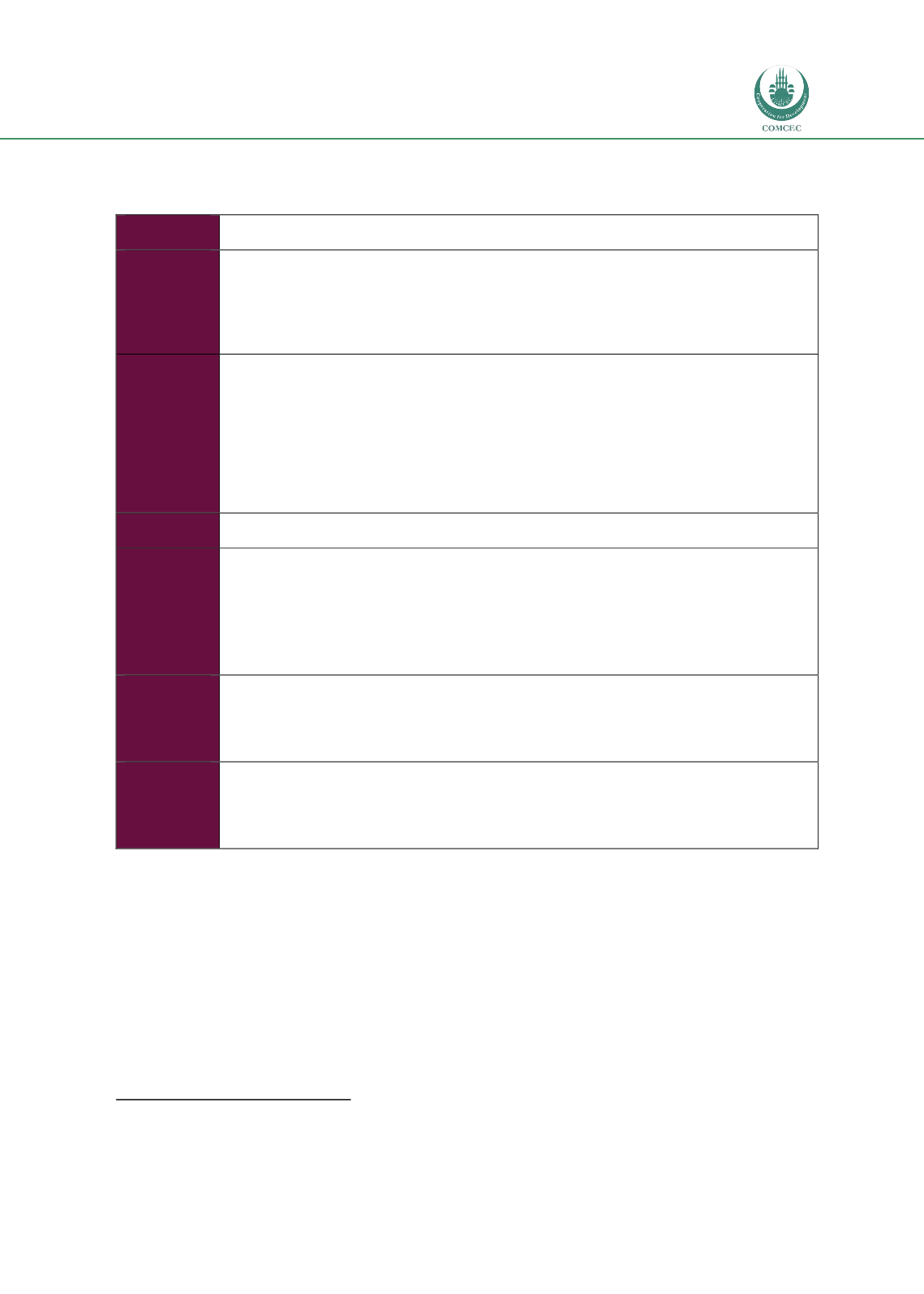

Improving Institutional Capacity:
Strengthening Farmer Organizations in the OIC Member Countries
51
3.4.1.
The SPI
Table 15: Summary of the SPI
76
Type
National-scale; federation;
Mixed-gender, smallholder only
Origin
Founded in July 1998, originally as the Federation for Indonesian Peasant Union, to focus
was on agrarian reform and advocate policy measures to restructure unequal ownership,
control, allocation and management of agrarian resources
Recently has evolved toward campaigning (i) for food sovereignty, (ii) for sustainable
agriculture and anti-neoliberalism, and (iii) against rice imports and unfair trade practices
such as subsidized commodity imports
Purpose
Serves as an apex advocacy body that fights for the economic, social and political rights and
development of rural communities, which includes:
Empowering peasants and smallholder farmers through economic, social, political and
cultural education of farmers and their communities
Championing an equitable system of land ownership in rural Indonesia
Protecting the legal and socio-economic rights of peasants and smallholder farmers
Strengthening the bonds of solidarity between farmer organizations and other economic
and social actors for the achievement of genuine agrarian reform and food security
(bolstered by social justice)
Footprint
Present in 21 out of Indonesia’s 34 provinces at the local, regional and sub-regional level,
represents approximately 900,000 members
Service
provision
Provides the following services for members:
Advocates on key agricultural and agrarian reform policy issues
Trains on sustainable farming methods
Provides legal and, in particular, litigation expertise in the face of unsecure tenure and
land grabs
Provides some inputs, i.e. organic seeds from its seed bank
Membership
profile
Members number approximately at 900,000, as SPI membership is defined at a household
level, where one member, female or male, of a household representing the household’s
membership in the General Assembly, which sits once every five years. Households can
obtain direct membership, or can become members through village-, district- or sub-district-
level organizations with at least 20-30 peasant household members of their own
Business
model
Registered with the Indonesian government as a
mass organization
with a wide national
footprint. Most revenue comes from annual membership fees of Rp. 10,000 (~ US$1).
The SPI also receives in kind contributions from other social institutions. An example of this,
is assistance from public interest lawyers in litigation against the government over land
grabs and restrictive intellectual property laws, especially around seed production.
Performance of the SPI
Below, the SPI has been assessed in terms of its organizational set-up and impact capacity
using the Farmer Organization Scoring Tool. Scores are given out of 1.0, and category scores
are a weighted average of the component scores (where weights are based on the total number
of points in each category). Data show that the SPI performs best in the areas of
business
fundamentals, governance
and
representation
.
76
This table is based on interviews with SPI leadership in Indonesia in October 2014

















